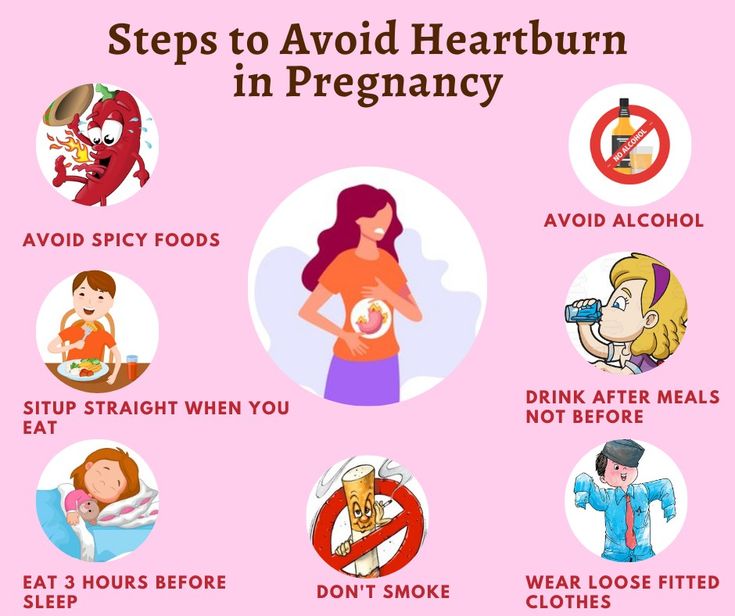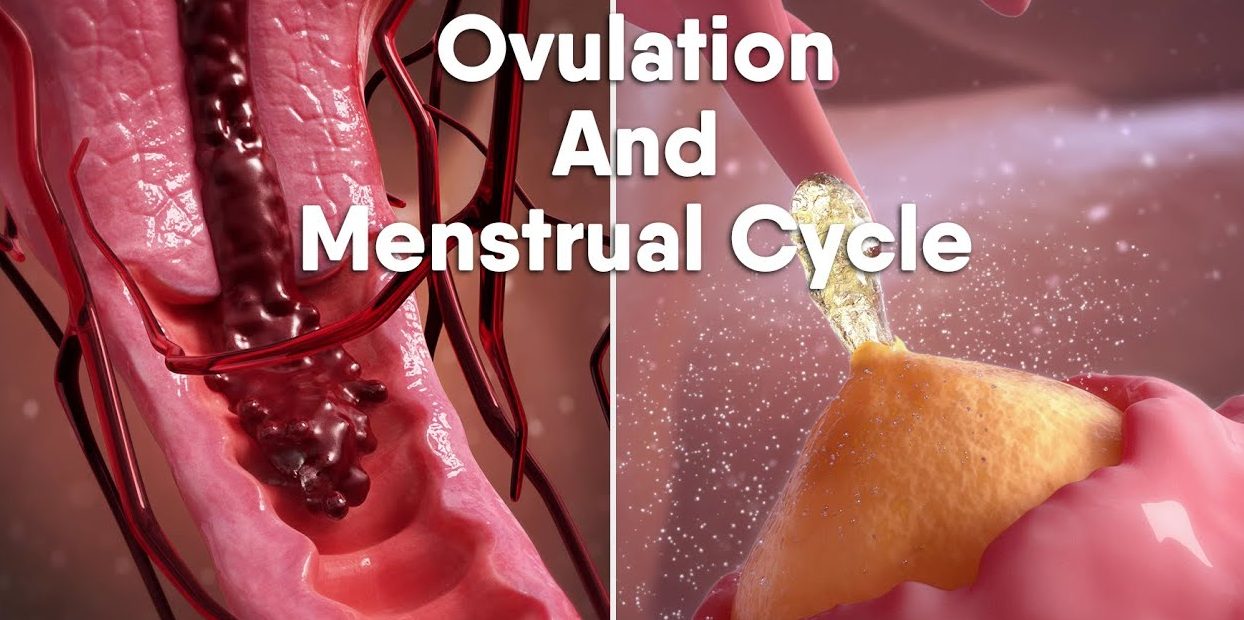Pregnancy is a time when a woman’s body undergoes significant changes, and her actions and lifestyle can greatly impact the health of her baby. Among the most important decisions a pregnant woman can make is to stop drinking alcohol. Drinking during pregnancy is a serious issue and can lead to long-term health consequences for both the mother and the child. This article outlines the top 10 reasons why quitting alcohol is essential for a healthy pregnancy and the well-being of the baby.
1. Preventing Fetal Alcohol Spectrum Disorders (FASDs)
Fetal Alcohol Spectrum Disorders (FASDs) refer to a range of conditions that can affect a child when the mother consumes alcohol during pregnancy. These disorders can cause physical, behavioral, and intellectual disabilities. One of the most severe manifestations of FASDs is Fetal Alcohol Syndrome (FAS), which can result in growth deficiencies, facial abnormalities, and significant brain damage. Children born with FASDs may face lifelong challenges, including learning disabilities, speech and language delays, and difficulty with motor skills.
The most crucial point is that no amount of alcohol has been proven safe during pregnancy, and drinking at any stage increases the risk of these disorders. The only way to completely avoid FASDs is to avoid alcohol altogether during pregnancy.
2. Brain Development and Cognitive Function
The baby’s brain development starts early in pregnancy, and alcohol consumption during this period can severely disrupt this process. When a pregnant woman drinks, alcohol passes through the placenta to the developing fetus, where it can interfere with neural development. The developing brain of the baby is highly vulnerable to the toxic effects of alcohol, especially in the early stages of pregnancy when the brain is forming.
Even moderate drinking during pregnancy can increase the risk of cognitive impairments, including lower IQ, attention deficits, and learning disabilities. This is why it’s crucial to avoid alcohol entirely to ensure the optimal development of the baby’s brain and cognitive function.
3. Increased Risk of Miscarriage
Drinking alcohol during pregnancy increases the risk of miscarriage, especially in the early stages of pregnancy. Alcohol can interfere with the delicate process of embryo implantation and fetal development, leading to the loss of the pregnancy. Studies have shown that heavy drinking in the early weeks of pregnancy can increase the chances of miscarriage, but even light drinking can increase the risk. For a healthy pregnancy and to minimize the risk of complications, it is safest to stop drinking alcohol as soon as pregnancy is confirmed.
4. Preterm Birth
Preterm birth, or the birth of a baby before 37 weeks of gestation, is a significant health concern. Babies born prematurely are at a higher risk for health problems such as respiratory issues, developmental delays, and long-term disabilities. Alcohol consumption during pregnancy has been linked to an increased risk of preterm birth. Drinking during pregnancy can cause the placenta to separate from the uterus early, leading to premature labor. By avoiding alcohol, you can reduce the likelihood of giving birth before the baby is fully developed and ready to thrive outside the womb.
5. Low Birth Weight
Babies born to mothers who drink alcohol during pregnancy are more likely to have a low birth weight. Low birth weight babies are at an increased risk for a range of complications, including developmental delays, breathing problems, and difficulty maintaining body temperature. In severe cases, babies born with low birth weight may experience long-term health issues, including heart problems and diabetes. The risk of low birth weight is higher with heavy drinking, but even light drinking can negatively impact the baby’s growth in the womb.
By quitting alcohol, a woman can significantly reduce the risk of having a low birth weight baby and give her child the best possible start in life.
6. Preventing Alcohol-Related Birth Defects
Alcohol-related birth defects are a direct result of maternal alcohol consumption during pregnancy. These defects can affect various parts of the baby’s body, including the heart, kidneys, bones, and face. Facial deformities, such as a smooth philtrum (the area between the nose and upper lip), small eyes, and a thin upper lip, are common in children with fetal alcohol syndrome. These physical features are often accompanied by intellectual disabilities and behavioral issues.
By abstaining from alcohol during pregnancy, a mother can prevent these physical and developmental birth defects and ensure her baby is born with the best chance of healthy growth and development.
7. Impact on the Baby’s Immune System
The immune system of a developing baby is vulnerable to alcohol exposure during pregnancy. Alcohol can impair the development of the baby’s immune system, making them more susceptible to infections and illnesses both before and after birth. Babies born to mothers who drank during pregnancy may have weakened immune systems, making it more difficult for them to fight off infections during the first few months of life.
A healthy immune system is crucial for the baby’s long-term health, and avoiding alcohol during pregnancy helps ensure that the baby’s immune system develops properly and functions effectively.
8. Psychological and Behavioral Issues
Alcohol consumption during pregnancy can have long-lasting effects on the psychological and behavioral development of the child. Children exposed to alcohol in the womb are more likely to experience problems with emotional regulation, hyperactivity, anxiety, and depression. They may also struggle with forming healthy relationships and socializing with peers.
By not drinking during pregnancy, mothers can help reduce the risk of their child facing these psychological and behavioral challenges. Early interventions and a stable, supportive environment can help children cope with the effects of prenatal alcohol exposure, but prevention is always the best approach.
9. Protecting Your Own Health
While the focus is often on the baby’s well-being, it’s also important to consider the health of the mother. Drinking alcohol during pregnancy can lead to a range of health complications for the mother, including high blood pressure, liver damage, and problems with blood sugar levels. Moreover, drinking can lead to poor decision-making, accidents, and impaired judgment, which can further harm the mother and her pregnancy.
Quitting alcohol not only protects the baby but also supports the mother’s overall health and well-being. It allows for a smoother, safer pregnancy and reduces the likelihood of complications during labor and delivery.
10. It’s Never Too Late to Quit
The benefits of quitting alcohol during pregnancy are substantial, and it’s important to know that it’s never too late to make the change. Even if a woman has consumed alcohol before realizing she is pregnant, stopping as soon as possible will still reduce the risk of harm to the baby. While the first trimester is particularly crucial for fetal development, alcohol consumption at any stage of pregnancy can still cause negative effects. The earlier a mother quits drinking, the better the outcome for her baby.
Conclusion
The decision to stop drinking during pregnancy is one of the most important steps a mother can take to ensure the health and safety of her baby. Alcohol can have devastating effects on a developing fetus, leading to physical, cognitive, and behavioral issues that may last a lifetime. By quitting alcohol, women give their babies the best chance for a healthy, successful start in life. The benefits of abstaining from alcohol during pregnancy are undeniable, and mothers who choose to make this commitment will not only improve their child’s health but also their own. If you’re pregnant or planning to become pregnant, make the choice to stop drinking and give your baby the healthiest future possible.



